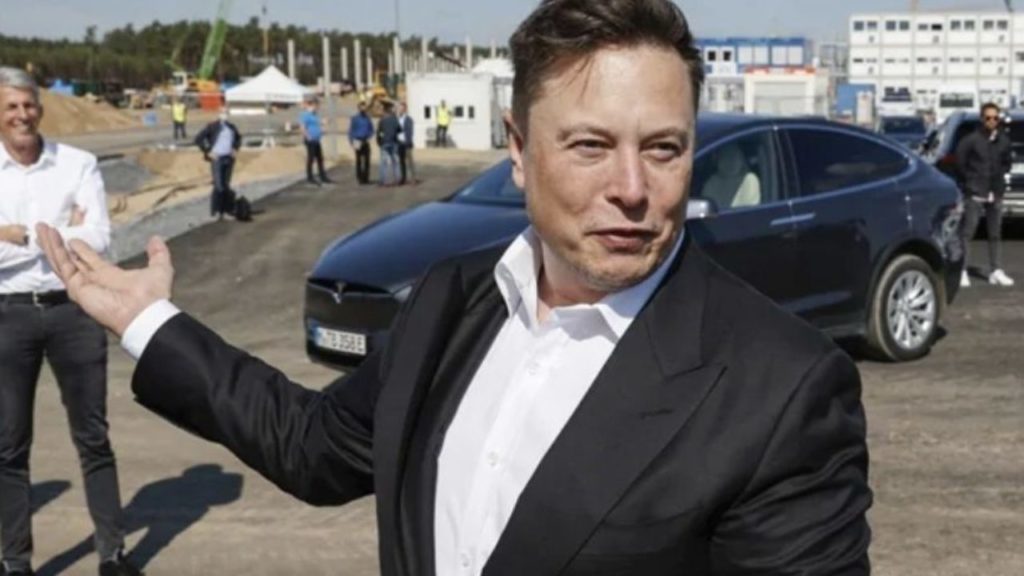Elon Musk’s SpaceX Will Launch 2,824 Satellites To Provide High Speed Internet Globally

In an attempt to provide high-speed internet connectivity services for rural areas and those where fiber optic cables and cell towers are unable to reach, the American aerospace company SpaceX has gotten approval to deploy over 2000 Starlink satellites at a lower earth orbit, by the US Federal Communications Commission (FCC).
On April 28, SpaceX launched 60 Starlink satellites from Space Launch Complex 40 (SLC-40) at Cape Canaveral Space Force Station in Florida, United States.
FCC has approved SpaceX to deploy 2,824 satellites at a lower earth orbit, as part of its Starlink project, to deliver high speed broadband internet to untethered regions.
SpaceX Gets Approval on Tuesday
The centibillionaire Elon Musk’s SpaceX had asked FCC for approval to fly 2,824 satellites at a lower orbit of Earth, as part of its Starlink project, as per which the internet speed will increase up to 100 megabytes per second.
According to Starlink’s website, “Starlink will deliver high speed broadband internet to locations where access has been unreliable, expensive or completely unavailable.”
Changing the altitude of satellite positioning would improve space safety, in addition to reducing power flux density emissions, thereby improving the interference environment and lower elevation angles to improve the customer experience, stated SpaceX to FCC.
FCC’s Concern Related to Safety
While FCC has granted SpaceX to deploy its Starlink satellites at a lower earth orbit, it is looking over a number of conditions to ensure the plan’s safety.
India Today quotes FCC’s statement, “SpaceX’s operations at lower altitudes and significant maneuverability should result in lower collision risk and an improved orbital debris environment.”
With its latest launch of 60 satellites on Wednesday, SpaceX has transcended its initial internet constellation of 1,440 broadband satellites.The company aims to deploy about 12,000 satellites in all. It informed that Starlink constellation will cost it roughly $10 billion (roughly Rs. 74,425 crores).

Comments are closed, but trackbacks and pingbacks are open.